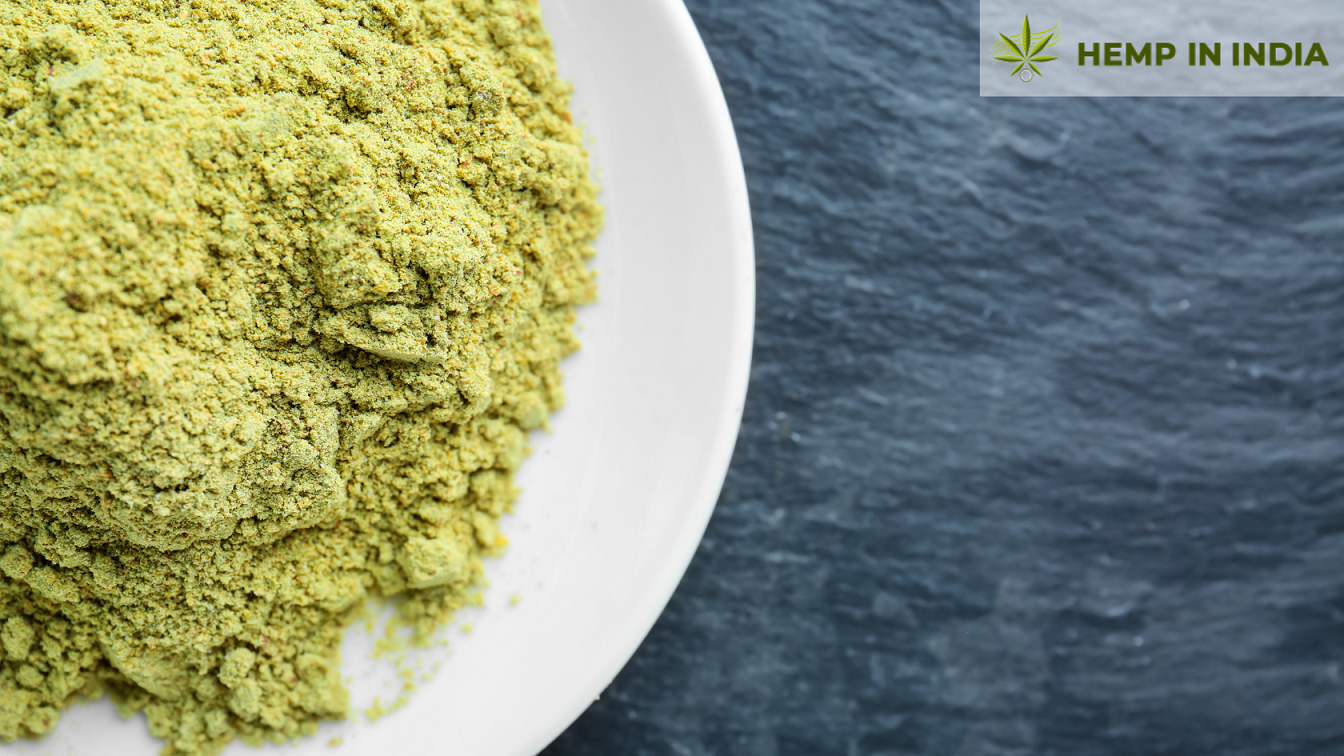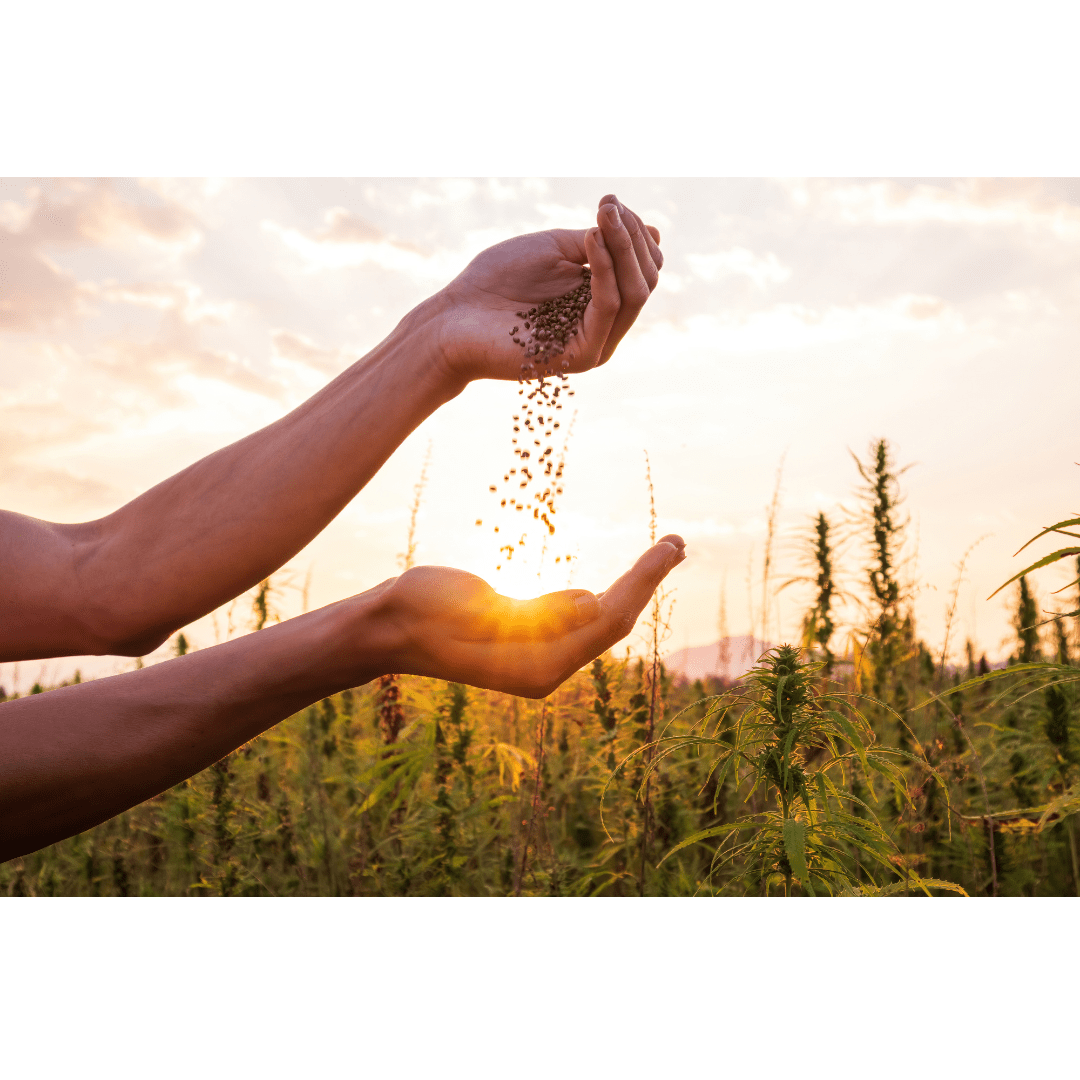Why is Hemp Protein Powder Important?
Athletes, bodybuilders, and anyone looking to put on weight or build muscle frequently utilise protein powders as dietary supplements. One of the most well-known types is hemp powder, created by finely powdering crushed hemp seeds.
It tastes earthy and nutty and is frequently used in milkshakes or smoothies to increase the amount of protein. All nine necessary amino acids, along with fibre, healthy fats, and minerals, are present in hemp, a premium vegan protein source.
This article evaluates hemp protein powder’s benefits and drawbacks to decide if it is the most extraordinary plant-based protein powder on the market.
Hemp Protein Powder:
All nine of the necessary amino acids, which humans must obtain from the diet, are present in hemp, making it a complete protein. On the precise quantities of these amino acids it contains, research is conflicting.
According to one research, the amino acid composition of hemp protein is comparable to that of soy and egg whites, both of which are excellent sources of protein. As a result, hemp is a lower-quality source of lysine, an important amino acid, according to the conduction of previous studies.
Depending on the brand, a serving of 30 grammes of hemp powder has about 120 calories and 15 grammes of protein. Compared to soya or peas protein powder, which has been more highly processed and carries up to 90% protein, this one has less protein per serving.
Production of Hemp in India:
The Uttarakhand government legalised hemp farming in 2015. Due to its psychotropic qualities, the Cannabis Sativa plant is sometimes mistaken for a narcotic, thus both its production and harvest are subject to international regulations.
Each year, the examination of the planting of Cannabis Sativa kinds, and certified seeds are necessary to begin the crop, field certifications are necessary, and the crop is continuously observed by authorities throughout the production cycle.
Hemp cultivation is now permitted in India, but only if the THC content is below 0.3 per cent and only the seedlings, leaves, and stem of the plant may be grown.
Pure Hemp goods including purchasing seeds, clothing, accessories, and personal care items or hemp protein powder wholesale can be without a prescription; however, for CBD/THC-focused goods, a prescription is necessary for validation.
Importance of Hemp Protein Powder:
There is various importance of hemp powder. Some of them are:
Easy to Digest:
Although the study indicates that 91–98% of the proteins in ground hemp seed are digestible, research generally demonstrates that animal proteins are easier to digest than plant proteins. This implies that nearly every single amino acid in hemp powder may be for your body for vital biological processes like repair and maintenance.
Because it includes the proteins edestin and albumin, which your body can easily break down, hemp is simple to digest. Other research, however, rates hemp protein as being of middling grade, about on par with lentils, based on its amino acid concentration and the ability for digestion.
Good source of fibre:
Numerous health advantages of high-fibre meals are automatically connected to them, such as better blood sugar control, healthier gut flora, and a lower risk of colon cancer. The recommended daily fibre intake for men and women is 25 grammes and 38 grammes, respectively. However, research indicates that fewer than 5% of adults follow this advice.
Foods high in fibre, including hemp protein, can help close this gap. Based on whether they are from monohull or unhulled seeds and if the additional fibre attached to hemp powders can have varying levels of fibre.
The majority of hemp powders give 18–28% of the daily required amount of fibre for men and women, respectively, with 7-8 grammes of fibre per 30 grammes. Other plant-based protein powders, such as those made from soy, pea, and rice, are far more refined and have minimal fibre.
Have Unsaturated fats
Even though manufacturing is from the extraction of oils from hemp seeds by pressing, hemp protein powder retains about 10% of the natural fat content. A 30-gram portion contains about 3 grammes of fat, the majority of which is heart-healthy unsaturated fat.
Hemp seeds also have the optimal omega-6 to omega-3 fatty acid ratio of 3:1. These fats make up an uneven 15:1 ratio in the normal Western diet, which is from several chronic conditions, including cancer and heart disease.
Consuming foods with lower omega-6 to omega-3 ratios, such as hemp seeds, might help remedy this imbalance and may enhance heart health.




Recent Comments